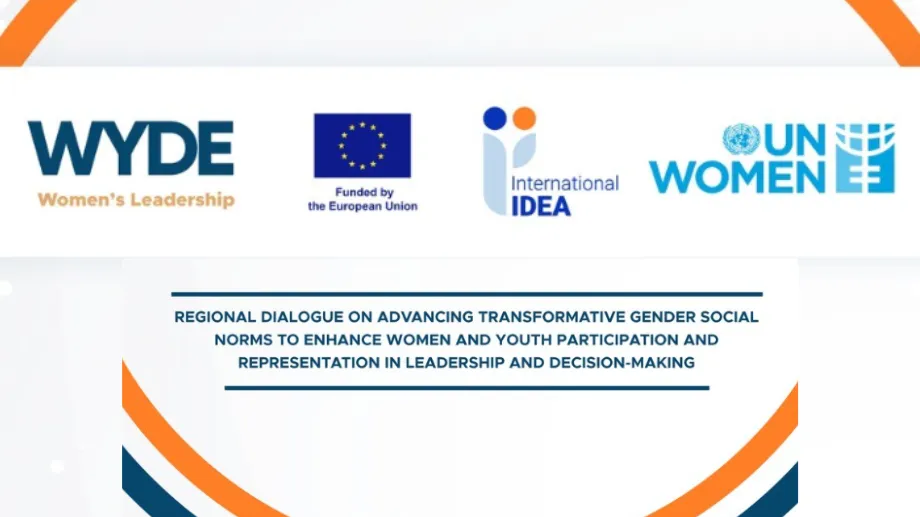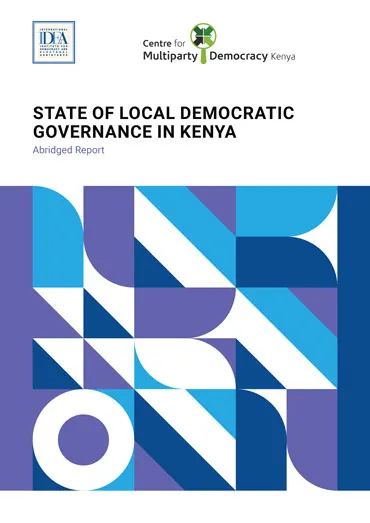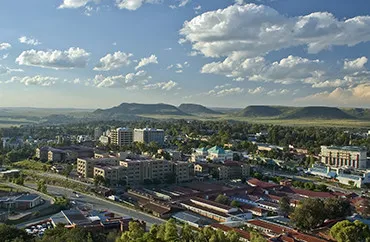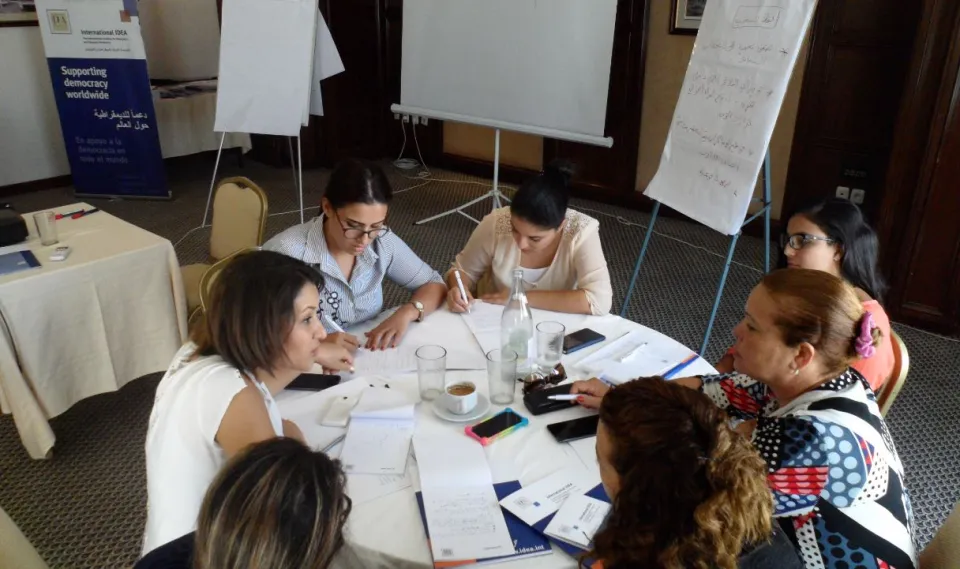Regional Dialogue and the National Intergenerational Dialogue

The Regional Dialogue and Intergenerational Dialogue will be convened in Johannesburg South Africa, 26th -28th November 2024.
The Regional Dialogue and the National Intergenerational Dialogue are organised in the framework of the European Union (EU) funded Women and Youth Democratic Engagement (WYDE) Women’s Leadership Initiative which is implemented in partnership with UN Women, Inter-Parliamentary Union (IPU) and United Cities and Local Governments (UCLG) under the overall coordination of UN Women. The WYDE Women’s Leadership Initiative is anchored in the EU Gender Action Plan (GAP) III which identifies advancing equal participation, representation and leadership as a key area of engagement for the EU in its external action.
The Regional and National Intergenerational Dialogues will bring together women and men in politics and leadership (in political parties/parliament/local government) including young women in politics and CSOs from some of the Eastern and Southern African countries.
The substantive content of the Dialogues is conceptualised on an eco-systemic transformative approach on Access = Participation & Representation=Transformative (APRT) for gender equality, women and youth’s empowerment at national, regional and global levels. The APRT focuses on ways to promote/advance transformative gender social norms, attitudes and behaviours conducive to enhancing women and youth's political participation and representation in political and public life. The APRT approach goes beyond addressing the symptoms of gender inequality and exclusion by focusing on changing the underlying discriminatory gender norms, socio-cultural practices/attitudes, unequal political, legal, and economic structures and power relations that perpetuate gender-based disparities.
Specific Objectives of the Regional Dialogue:
- Promote/advance transformative gender norms by addressing the discriminatory gender norms/perceptions, socio-cultural practices/attitudes and the underlying causes for gender inequalities/disparities.
- Enhance women’s capacities to exercise political agency (participation) and access political leadership and decision-making at all levels (representation/representative voice).
- Strengthen knowledge exchange/experiential sharing and lessons on good practices that promote/advance transformative gender social norms, attitudes and behaviours.
Contact Person: Rumbidzai Kandawasvika-Nhundu, Principal Adviser, Democracy and Inclusion, International IDEA. Email: r.kandawasvika-nhundu@idea.int.



